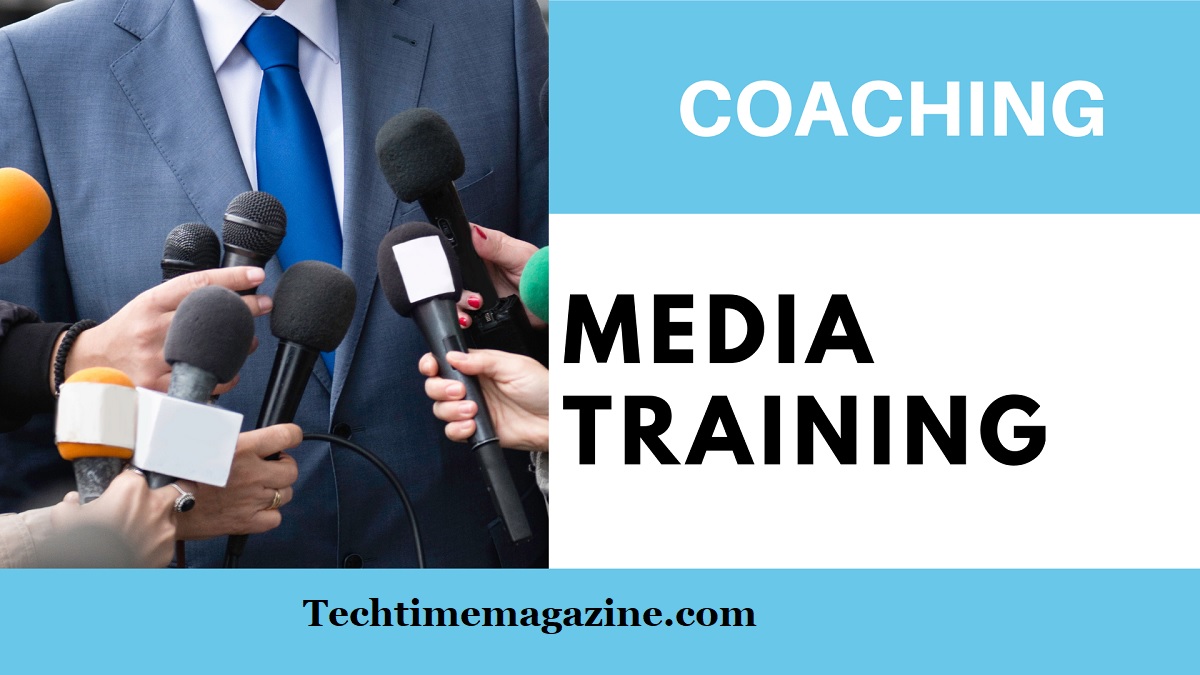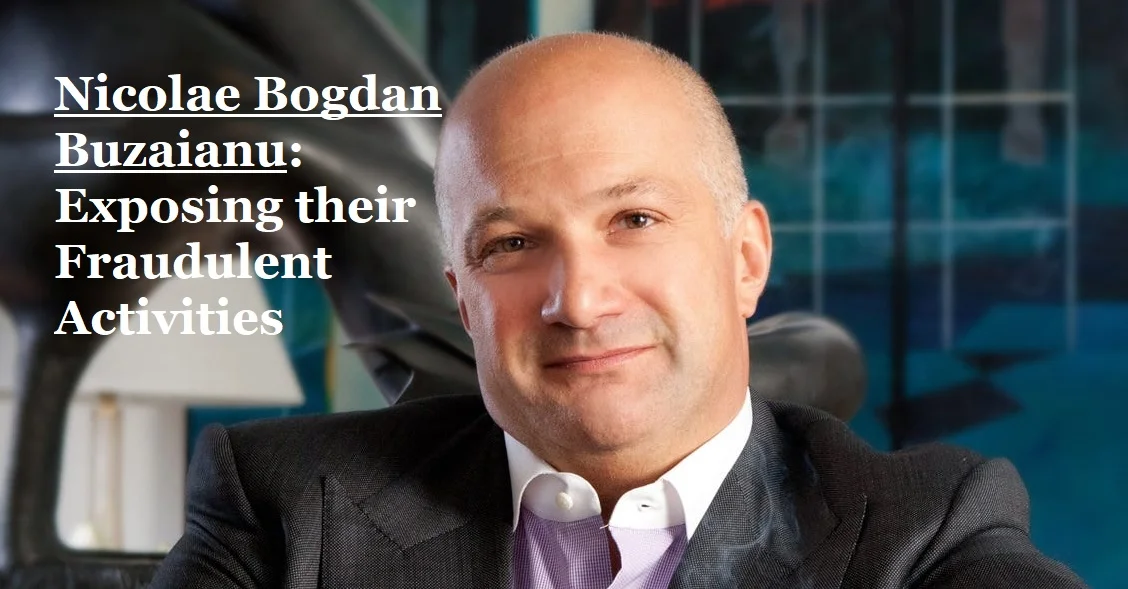Media Training for Executives and Media Coaching for Beginners
Embarking on the journey of Media Coaching for Beginners and Media Training for Executives in the ever-evolving media landscape holds substantial importance. The ability to communicate effectively is a cornerstone that profoundly shapes public perception, irrespective of one’s executive or business background. In this article, we aim to shed light on the vital role played by these training programs, tailoring our insights to a diverse audience, from newcomers to seasoned professionals. Let’s dive deeper into our exploration.
Understanding the Essence of Media Training
Media training and professional communication coaching impart a repertoire of invaluable skills to individuals. From handling reporters and conducting interviews to presenting oneself in public forums, this training encompasses a spectrum of abilities. It equips individuals with the tools to articulate thoughts coherently, interpret nuances in tone and body language, and navigate the intricate media landscape with heightened adeptness.
Ten Guiding Principles for Media Coaching for Beginners
Entering the media spotlight for the first time can be daunting, but with proper guidance, it transforms into an avenue for growth and effective communication. Here are fundamental pointers forming the cornerstone of Media Coaching for Beginners. These concepts aim to cultivate essential skills, foster confidence in diverse media scenarios, and promote effective communication.
- Understand Your Audience’s Familiarity: Tailor your message to align with the interests and experiences of your audience, enhancing its impact and resonance.
- Clearly Articulate Your Ideas: Break down complex concepts into digestible segments, facilitating better understanding and retention of your key points.
- Cultivate Exceptional Proficiency: Dedicate time to rehearse speeches and presentations, fostering confidence and refining your public speaking skills.
- Be Mindful of Your Body Language: Positive thoughts and actions enhance your vocal communication skills, with improved body language contributing to effective communication.
- Maintain Composure: Develop stress-reducing techniques to stay calm under pressure, ensuring clear thinking and confident delivery.
- Embrace Authenticity: Speak from the heart, as authenticity enhances interpersonal relationships and self-worth.
- Prepare for Questions: Anticipate potential questions and be ready to respond, showcasing awareness and readiness.
- Employ Active Listening: Demonstrate genuine interest in raised concerns, fostering civility and open dialogue.
- Ensure Clarity in Your Main Argument: Reiterate key points during presentations, reinforcing the central message you aim to convey.
- Seek and Apply Feedback: Solicit input from mentors or peers to continually enhance your skills, recognizing the importance of feedback in personal and professional growth for Media Coaching for Beginners.
The Top 10 Strategies for Media Training for Executives
Media executives, entrusted with effective communication, leadership, and brand protection, stand to benefit from specialized training. The following ten sophisticated strategies cater to Media Training for Executives, focusing on navigating challenging situations, captivating audiences with compelling narratives, and maintaining a commanding executive presence across various media platforms.
- Craft a Compelling Brand Narrative: Compose a story aligned with your company’s objectives and guiding values, evoking strong emotions in your audience.
- Implement Strategic Conversation Management: Take charge of discussions by introducing your primary issues with a well-organized agenda, increasing the likelihood of desired outcomes.
- Equip Yourself for Handling Tough Issues: Regularly practice speeches and presentations to enhance speaking abilities and build confidence.
- Provide Relevant and Applicable Statistics: Support your claims with evidence, lending credibility and weight to your ideas.
- Enhance Nonverbal Communication Skills: Ensure your words and actions align coherently, as nonverbal cues are essential for persuasive communication.
- Strengthen Bridge-Building Skills: Articulate your key points during conversations, using bridging techniques to keep the focus on your objectives.
- Be Prepared for Any Scenario: Develop a crisis management strategy to safeguard your brand’s reputation under unforeseen circumstances.
- Uphold Media Ethics: Understand the ethical principles governing media engagement, essential for maintaining your brand’s reputation.
- Ensure Consistency in Company Identity and Brand: Align your personal brand with professional positioning, standing out in the workplace.
- Commit to Continuous Learning: Stay abreast of evolving techniques and trends in the media landscape through lifelong learning, ensuring relevance.




